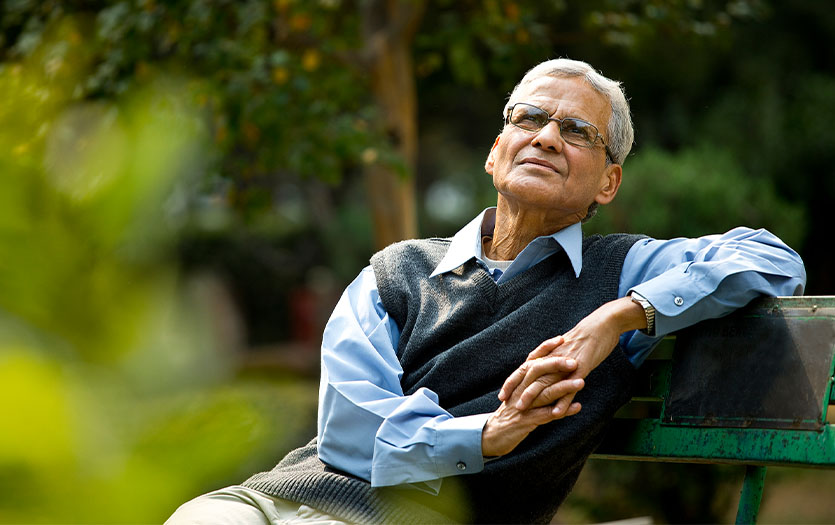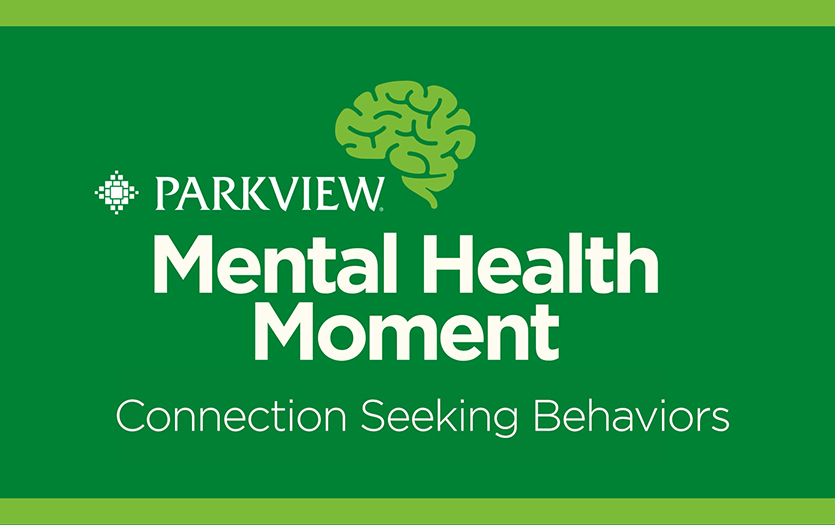
This post was written by Jeffrey Price, staff chaplain, Parkview Chaplaincy.
The human experience is as intricate as it is complicated. Regardless of the ideological differences that superficially divide us, whether discussing politics, religion, stances on specific human rights, or social justice issues, we often fail to recognize that humanity is united in its shared existence within the confines of space and time. We are born and will eventually die, despite our best efforts, technological advances and desire to overcome it.
Life can perhaps be easily understood as two sides of a coin. One side of the coin represents the glorious heights to which the human experience can soar in blessings: heart-warming stories such as seeing a newborn and her mother share a look of fierce love that words fail to adequately depict, or the love blossoming between two people on their wedding day. The celebratory victory of overcoming cancer, knowing the fight is finally over, or the relationship between a father and son finally beginning to heal after decades of brokenness and pain.
However, the other side of this coin represents the depths to which humanity can fall into suffering: a grieving mother whose only adequate expression of the pain she feels from losing her child flows uncontrollably through a haunting and soul-wrenching howl. A stay-at-home mom, holding her two young children, staring hopelessly and vacantly into the void after learning that her husband will return from his military service in a flag-covered casket. A man desperately pleading for his life as he bleeds out while the man holding him helplessly tries to comfort him, as another dying man asks to deliver messages of love to his family as his eyes slowly lose their shine.
Objectively speaking, life is equally as beautiful as it is grotesque; it can be awe-inspiring, yet dread-inducing in the next breath. The stories of exuberance that one begs to share are no less boundless than the despondency one wishes to suffer in secrecy. Some consider life a gift, while others consider it a curse, and we tend to avoid considering stories that don’t inspire positivity.
It is perfectly normal to consider the purpose of suffering in life. However, humanity has sought revelation to this question for far longer than my insignificant mind can begin to comprehend. Theoretically, one could say we experience the depths of suffering to understand the heights of joy truly. Perhaps, even if everything is good, then nothing is good. Whether true or false, these theories do nothing for those currently suffering. Nor does it satisfy one’s curiosity.
In the face of loss, for some, there are natural tendencies to offer the typical platitudes such as “God is in control,” “God needed another angel,” or similar phrases to provide the suffering some semblance of relief. While well-intentioned, indeed, these sentiments often cause more collateral damage than they provide a foundation for healing to begin.
The truth of the matter is that no one truly knows why “this” happened, and, as painfully difficult as it may be, we must allow ourselves the freedom to sit in the unknown, lest we be driven to madness by our vain attempt to discern that which refuses to answer for itself. There is, however, another question that begs for our attention and time: What do we do with suffering?
Much like life, there is a myriad of complexities to how we treat suffering. No one answer fits every moment of suffering, and it would be inappropriate to treat a grieving mother the same as we would a child dying of starvation. The sweet simplicity is that the answer to suffering is in the moment itself. Much like how we embrace our joys and celebrations, so too must we walk through our sufferings. We often hastily attempt to distract ourselves or one another from the reality of our suffering and, in so doing, prolong the processes of emotional, mental, physical and even spiritual healing.
Much like the notion that humanity is confined to space and time, so too are our moments of joy or suffering. We need moments, however brief or prolonged, to allow ourselves and those around us to process experiences, good or bad.
I believe our purpose in suffering—the answer to the “what”—is to provide ourselves or those around us the space and time to do whatever is necessary to process our pain and move towards healing safely and healthily. It is allowing the grieving mother to scream until her voice is hoarse over the loss of her child, even though her screams sear your soul. It is ensuring the stay-at-home mom knows she doesn’t have to keep her life together alone. It is helplessly holding and comforting the dying man, knowing that your only option is ensuring he knows he is not alone. It is delivering messages, not just giving false hope. It is venturing into a cave of desperation and depression to find those who are lost so that they know there is a reason to keep fighting and walking towards the light.
I may not know why suffering exists, but life has seen it fit to teach me that we were never meant to suffer in solitary silence.



